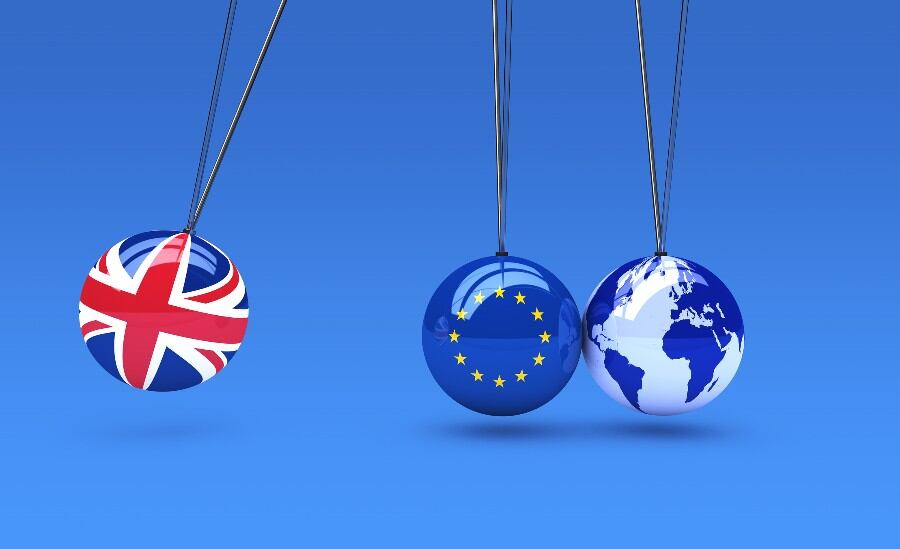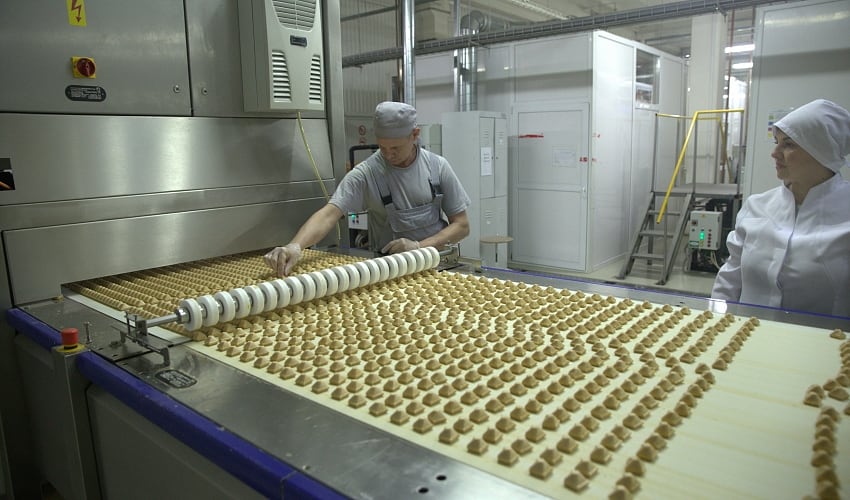Almost a third of confectionery companies reported falling sales and earnings with 76% of the companies blaming high inflation and the resulting reduced purchasing power in Germany as the main reasons for the decline in sales of confectionery on its domestic market.
“The past year and the first quarter of 2023 were characterised by great economic and political uncertainties for the more than 200 manufacturers of confectionery and snack items. The raw material and energy costs, which have risen sharply since the start of the Ukraine war, are having a particular impact,” the BDSI economic survey revealed.
The biggest cost drivers from the point of view of the companies are increased costs for raw materials (95%), followed by rising energy costs (84%), personnel costs (79%) and logistics costs (56%).
A total of 34% of the companies see the international competitiveness of their company at risk against the background of the current challenges – and 67% see the attractiveness of Germany as a location weakened in the long term.
Political challenges are also a contributing factor, the BDSI reported. Different labelling regulations within the EU (88%), rising gas and electricity prices (86%), the requirements of the supply chain law (83%), the plastics debate, in particular packaging changeover/packaging tax (83%) and the discussion about a switch to other energy sources (82%).
"The federal government must give top priority to consistently strengthening the domestic economy, because only then can jobs, investments and added value in Germany be secured in the long term," said Bastian Fassin, Chairman of the BDSI.
"Especially the small and medium-sized companies in the German confectionery industry are no longer able to cope with new regulatory requirements, especially in times of these enormous economic challenges."
Subsidies
Following the war in Ukraine, German industry in general has been complaining about high industrial electricity prices.
Germany’s Green economy minister, Robert Habeck, announced plans earlier this month for a large part of German industry to be offered electricity at a subsidised price of €0.06 per kilowatt hour (kWh) until 2030.
The plan, which would cost an estimated €25-30bn, is aimed at bolstering German manufacturers in sectors such as chemicals, steel, metal and glass, as well as encouraging European investment in industries seen as crucial to reducing EU dependence on China, such as the production of solar panels and semiconductors, the Financial Times reported.
The European statistics agency Eurostat reported that the average price of electricity for business consumers in Germany was just over €0.25 per kWh including taxes in the second half of 2022, which is almost exactly the average level for the EU overall.



